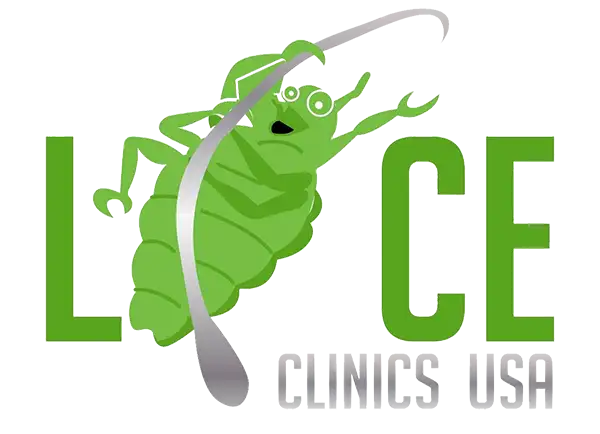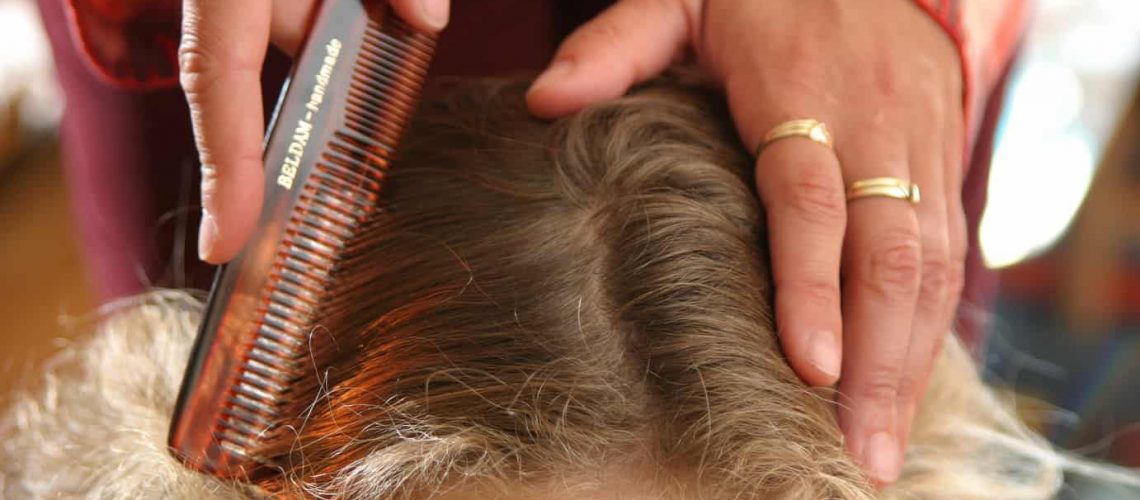Parenting is never easy. The scariest part of it is that the way we as caretakers handle situations is likely to rub off on our children. Little ears are always listening and little eyes are always watching. When problems occur that we are unsure how to solve it can be daunting. Talking to your child about lice is one of these times. Being careful how you approach it and making them feel assured that everything will work out is an important part of parenting when your child has lice.
A major step in the right direction is making sure not to overreact, therefore creating an environment of calmness and trust. If you are acting upset and overwhelmed your child is likely to follow suit. If you need to take some personal time before you deal with the problem to have a quiet moment to yourself. Sometimes deep breaths and practicing what you will say beforehand can be extremely helpful tools in communicating with children. Write down your thoughts, or get advice from a trusted friend who may have already been in your shoes. Tackling the problem of lice is not easy. You deserve a moment to gather yourself.
Keep your explanations simple. Children don’t want to know all the boring details. Help them understand in layman’s terms what is happening and the process you will take to get rid of it. Let them see step by step the solution so that they can know what to expect and not be taken by surprise. Keeping them in the loop will help to ease some of the stress from the situation. When children feel stress they can sometimes lash out with inappropriate behavior. Others will shut down in a way and not fully participate in family life. It is good to watch for any signs of uneasiness or guilt your child may be feeling. Helping to make sure you tell them with kind, inspiring words that they are important and this is a normal situation to go through in life can really ease their stress.
Another form of comforting is making sure they understand. You can ask simple open-ended questions that will make them more likely to respond and open up to you. For example, “Is there any part of the plan you are worried about?” Or “Do you have any ideas on how to get rid of the lice?” These can make the child feel like part of the solution and not the problem. They will feel heard and happy to be working together as a family unit to get over it.
With that being said, one of the worst ways to react as parents when our children are carrying lice is to point blame or criticism at the child. Make sure they know it is a myth that dirty, unkempt people only catch lice. In fact, it’s a normal part of life. The CDC tells us between 6-13 million children contract lice every year in the United States. You are certainly not alone. It is no one’s fault and no one deserves to feel discouragement and alienation when they are struggling with lice.

